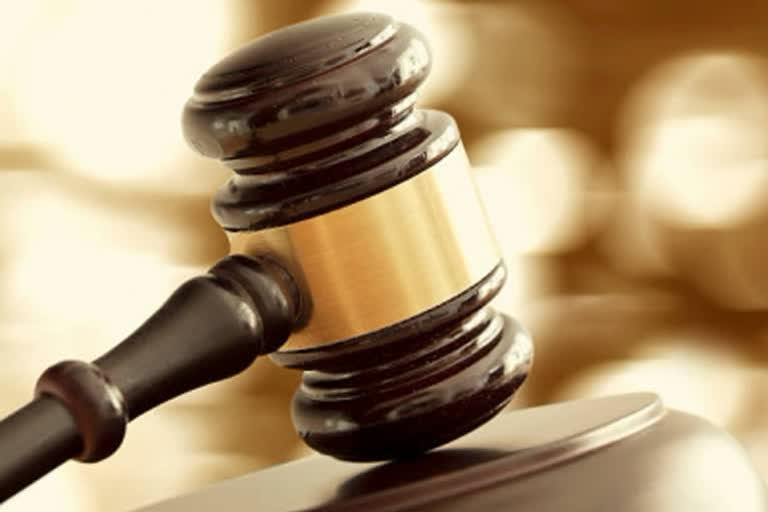New Delhi: The Supreme Court on Tuesday bifurcated the batch of pleas relating to electoral bonds into three sets and said that it will hear them in March. The pleas challenge the government's Electoral Bond scheme which allows for anonymous funding to political parties. A bench of Chief Justice of India DY Chandrachud and Justice PS Narasimha posted the matter for hearing in the third week of March.
"The petitions in the present batch are bifurcated with reference to the above three challenges. The three sets of the petitions need to be heard separated," said the bench. First set of pleas that will be clubbed together are pleas challenging the electoral bonds scheme, second category pertains to the matter concerning whether or not the political parties be bought within the purview of the Right to Information Act, 2005, and third batch of pleas relate to challenge to the amendment to Foreign Contribution Regulation Act, 2010 through the Finance Act of 2016 and 2018.
The SC bench also said that two other petitions --one raising the issue of bringing political parties under the Right to Information Act (RTI Act) and the other regarding the certification under the Foreign Contribution Regulation Act (FCRA) for political funding, are distinct from the case of the electoral bonds and will be heard separately. The bench posted the matters for hearing in April.
The central government had filed an affidavit earlier on the pleas challenging the electoral bond schemes. Today the court said that it should file an additional affidavit in response to new issues raised in the bifurcation of petitions. The court granted central government time till end of February. After the response is filed, the first batch of pleas will be heard in the third week or march this year, second batch will be heard in the first week of April 2023 and third batch will be heard in mid April 2023.
Also read: SC asks centre if migrants are getting benefits of NFSA, to hear matter on Feb 20
An Electoral Bond is an instrument in the nature of a promissory note or bearer bond which can be purchased by any individual, company, firm or association of persons provided the person or body is a citizen of India or incorporated or established in India. The bonds are issued specifically for the purpose of contributing funds to political parties.
In October, the Centre in an affidavit had said that methodology of the electoral bonds scheme is a "completely transparent" mode of political funding and it is impossible to get black money or unaccounted money. Various petitions are pending before the top court challenging at least amendments made to different statutes through the Finance Act 2017 and Finance Act 2016 on the ground that they have opened doors to unlimited, unchecked funding of political parties.
NGOs Association of Democratic Reforms and Common Cause have said that the Finance Bill, 2017, which paved the way for the introduction of the electoral bond scheme, was passed as a money bill even though it wasn't.



